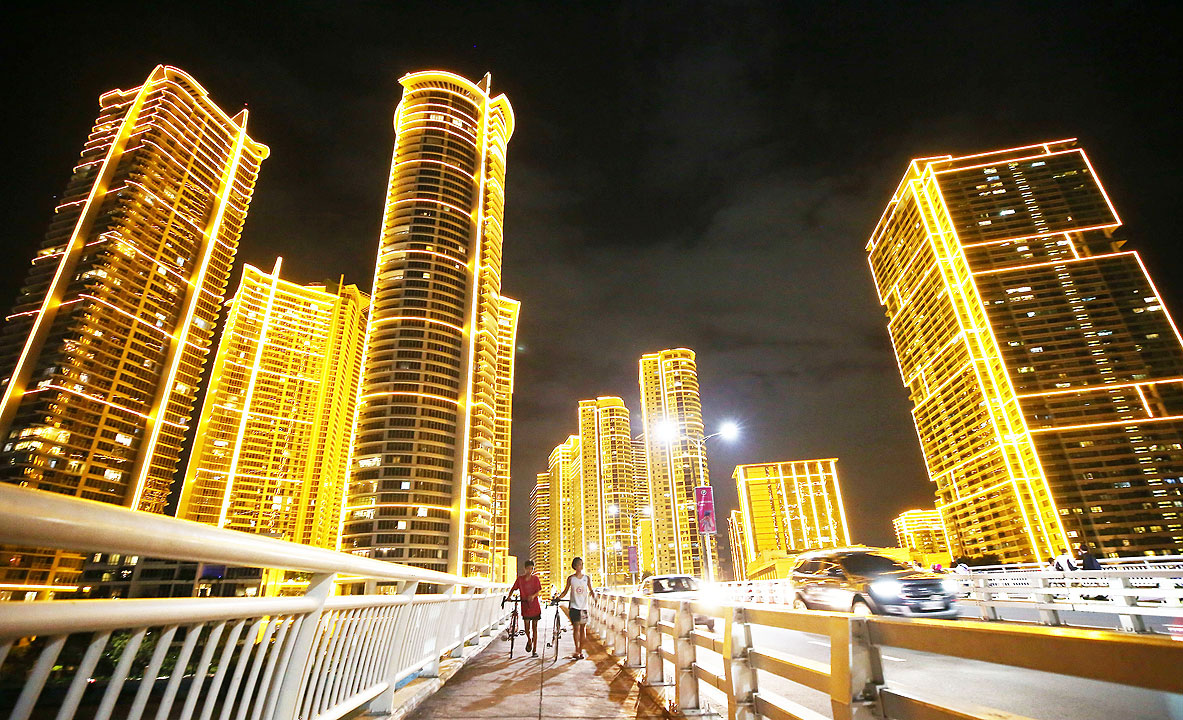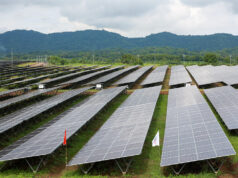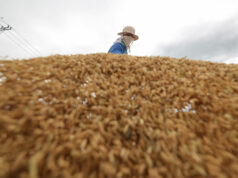Legislator says Finance department open to discussing tax on billionaires

THE Department of Finance (DoF) is open to discussing a “wealth tax,” a legislator said at the DoF’s budget hearing, which could signal greater willingness by the government’s chief fund-raiser to consider new sources of revenue after a longstanding no-new-taxes position.
Sultan Kudarat Rep. Bella Vanessa B. Suansing, speaking at the hearing late Wednesday with Finance Secretary Ralph G. Recto seated near her, said: “The DoF is very open to discussions relating to the wealth tax to be integrated into the revenue program of the National Government,” she said at the hearing.
Mr. Recto’s position on new taxes has subtly evolved after ruling them out entirely last year. In August, he said he will support any tax law passed by Congress.
Wealth tax proposals have ranged from 1-3% of net assets held by billionaires in recent sessions of Congress, though no such bills have been filed in either chamber during the current 20th Congress.
“Ever since the 19th Congress, (the DoF) has been very open with proposals for wealth taxes… because the agency is not just mandated, but has pursued progressive taxation,” Ms. Suansing said.
A bill proposing a 1-3% tax on taxpayers with a net value of taxable assets exceeding P1 billion failed to gain traction in the House of Representatives at the 19th Congress. No counterpart proposal was filed in the Senate.
House Deputy Minority Leader Antonio L. Tinio of the Makabayan party-list said in July that he plans to file calling for a 3% wealth tax on billionaires, and estimated the potential collections from such a bill at P98 billion each year at least.
In early September, Batangas Rep. Leandro Antonio L. Leviste proposed a wealth tax based on land holdings to offset his proposed reduction in value-added tax (VAT) to 10% from 12%.
“We can focus the tax on high-end land because that is harder to hide and transfer compared to other forms of wealth… it comes down to really what’s the easiest way to collect a wealth tax,” he said.
The government should consider pursuing a tax on high-net worth individuals to make the government’s tax system more equitable, according to Jose Enrique A. Africa, executive director at think tank IBON Foundation, speaking to BusinessWorld via Viber.
“The biggest fiscal effort now comes from regressive consumption taxes, like VAT or excise duties, and withholding on wages,” he said, claiming that the financial sector and the wealthy are “lightly taxed.”
Legislators should consider a tiered wealth tax with rates starting at 1% for those holding P1 billion in assets, rising to 3% for those whose wealth exceeds P3 billion, Mr. Africa said.
Luis F. Dumlao, an economics professor at the Ateneo de Manila, said the standard practice for countries implementing wealth taxes typically ranges from 1% to 2% per billion dollars in net worth.
“The current tax system on paper is progressive with a maximum tax of 35%,” he said via Messenger chat. “The fiscal policy is even more progressive with government expenditures disproportionately favoring the poor despite corruption.”
“Before any congressman talks about taxes, politicians must do something first to restore public trust in tax collection and utilization,” John Paolo R. Rivera, a senior research fellow at the Philippine Institute for Development Studies, said via Viber. — Kenneth Christiane L. Basilio



